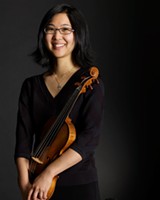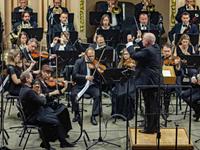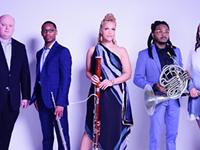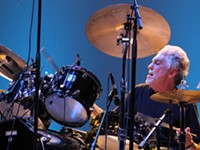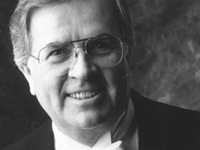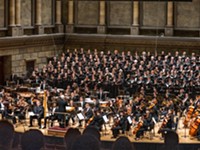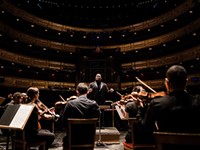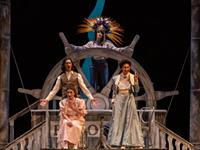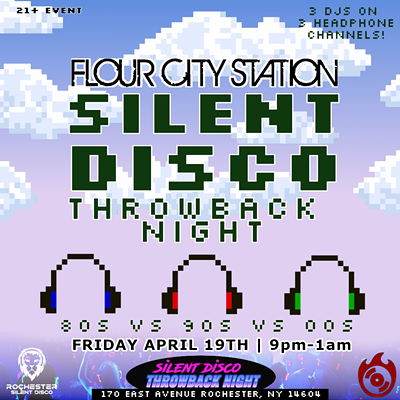[
{
"name": "500x250 Ad",
"insertPoint": "5",
"component": "15667920",
"parentWrapperClass": "",
"requiredCountToDisplay": "1"
}
]
When Deborah Fox first decided to study lute in Rochester in the 1980's, she had a tough time of it and ended up studying privately. Fast forward a couple of decades or so, and Deborah Fox is pleasantly surprised to find herself not only a busy professional lutenist, but also the director of a very successful producing organization, Pegasus Early Music.
"Early music" used to be thought of as music written before J.S. Bach or Handel, and the province of specialists. Even a now-ubiquitous composer like Antonio Vivaldi was nearly unknown until after World War II. In the last couple of decades, interest in pre-Baroque music has exploded, as has research into performance practices of music from many different areas. Composers like Johann Pachelbel, Dieterich Buxtehude, and Tomaso Albinoni are no longer dusty, forgotten names, as intelligent performances of their music have revealed its beauty and liveliness.
Rochester's music scene reflects this change in thinking, and it is evident this weekend, when you can see and hear a lot of early music excellently performed. Sunday brings the second concert of the season by Pegasus Early Music, a revelatory look at the many excellent women composers active in 17th and 18th century France and Italy. They were not anonymous, but women with active public lives as composers, performers (Barbara Strozzi and Francesca Caccini were noted singers, and Elisabeth Jacquet de la Guerre was a keyboard prodigy encouraged by Louis XIV), and in at least one case, a nun (Isabella Leonarda, a prolific composer of vocal music). Their music, consigned to oblivion for several hundred years, is slowly inching its way back into the repertoire — not as special pleading, says Deborah Fox, but simply because their music is good.
"Why do it? Because it's there," she says. "I always ask myself, 'Can you tell if it's by a woman?' And of course, you can't. Each of these women had her own style, and their music is certainly worthy of being known."
"I don't think of 'early music' as a time period," says Fox, "but more of an approach to music, seeing it in its context and in its times. The question that moves me is, 'How can I find out what these composers were thinking?'" Modern musicians often need to re-think their approach to the details of performing to make early music "sound" correct, she adds; "I think of it as investigative reporting."
There are many ways to do that. Before recording was even thought of, pre-20th-century musicians were extremely verbal about their art and craft. "There are many writings and publications available to study," says Fox. "Singing treatises, guides to every instrument, guides to ornamentation and instrumental techniques. Travelers' accounts of concerts in different countries can be very helpful in showing different national approaches to style."
For example, ornamentation — the addition of trills, grace notes, rapid passages, and other effects to enhance the musical expression — was approached very differently in France, Italy, and Germany. In fact The A=440 pitch we take for granted now (that's the note an oboist plays to start the tuning up at a symphony concert), was lower centuries ago, and could vary from country to country, and even from theater to theater. Even ledgers and payment records from churches and concert venues can be useful in showing how many musicians took part in a performance.
Fox adds that in their spontaneity, the best performances of early music have a lot of the same appeal as the best jazz: "You have to have a flexibility and openness about performing, and an interest in exploration. A lot of the details that make the music live are not on the page — that is where their research comes in."
Pegasus Early Music is now in its ninth season, and it would be accurate to say it was a success from the start. "We started our performances at the Academy of Medicine," Fox says. "We expected about 30 people for our first concert, and we got 80. The audience response was beyond my expectation from the beginning." She quickly learned that "Rochester audiences are unusual — they're educated and they're interested, and willing to try music they've not heard before."
As it has grown, Pegasus has broadened its range of repertoire, reflecting the gradually growing interest in applying musicological research to later music. The historically informed approach has gradually moved up to include music by Romantic composers — later this season, Pegasus welcomes the Australian chamber group Ironwood for a programs of music by Brahms. The line-up also includes an authentic early-music star, lutenist Paul O'Dette, who just happens to live in Rochester and is a longtime faculty member of the Eastman School of Music and director of its Collegium Musicum. A winner of a Grammy Award and numerous other recording prizes, O'Dette is also a busy conductor and director of the Boston Early Music Festival.
Pegasus is the tip of a large iceberg: early-music performers (or more accurately, performers whose versatility includes expertise in performing early music) are everywhere in Rochester now. This Friday's Rochester Early Music Festival won't include Deborah Fox, but it will present lots of other musicians interested in historically informed performance. This musical smorgasbord is being presented for the 13th year by Musica Spei, the group dedicated to performances of Renaissance and Baroque choral music, at St. Mary's Church. Musica Spei will perform serene vocal works by Lassus and Josquin, as well as one of Renaissance music's greatest hits, a raucous vocal evocation of a military victory by Clément Jannequin.
The festival lineup includes lutenist Christopher Wilke, as well as music for an ensemble of viols (forerunners of the cello that come in several different sizes and are often performed in a group), instrumental music by J.S. Bach, and performances by the brass ensembles Baroquen Bones and by Publick Musick (another durable Rochester early-music ensemble, now directed by Rochester Philharmonic cellist Christopher Haritatos), among others. Eastman School voice students and Collegium Musicum will present excerpts from Handel's opera "Serse" ("Xerxes"), which the school will stage in February, under the musical direction of Paul O'Dette.
Musica Spei presents the 13th Annual Rochester Early Music Festival, "Gods and Heroes," Friday, November 8, at 7:30 p.m., St. Anne Church, 1600 Mt. Hope Ave. Tickets cost $13-$15 ($5 for students). Visit musicaspei.org for more information.
Pegasus Early Music presents "A Woman's World" Sunday, November 10, at 4 p.m., at Downtown United Presbyterian Church, 121 N. Fitzhugh St. $10-$25. Visit pegasusearlymusic.org.
